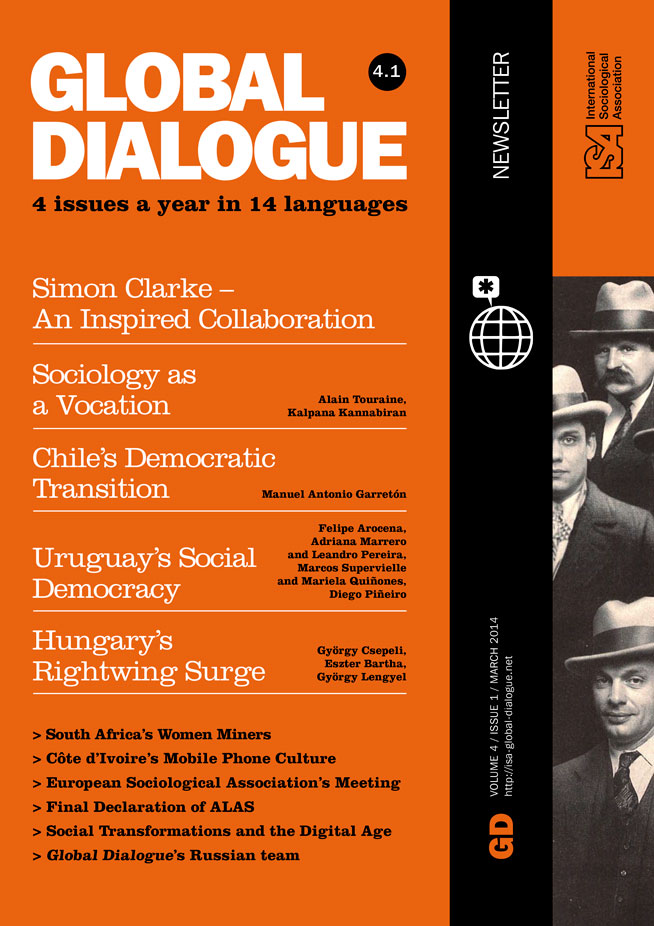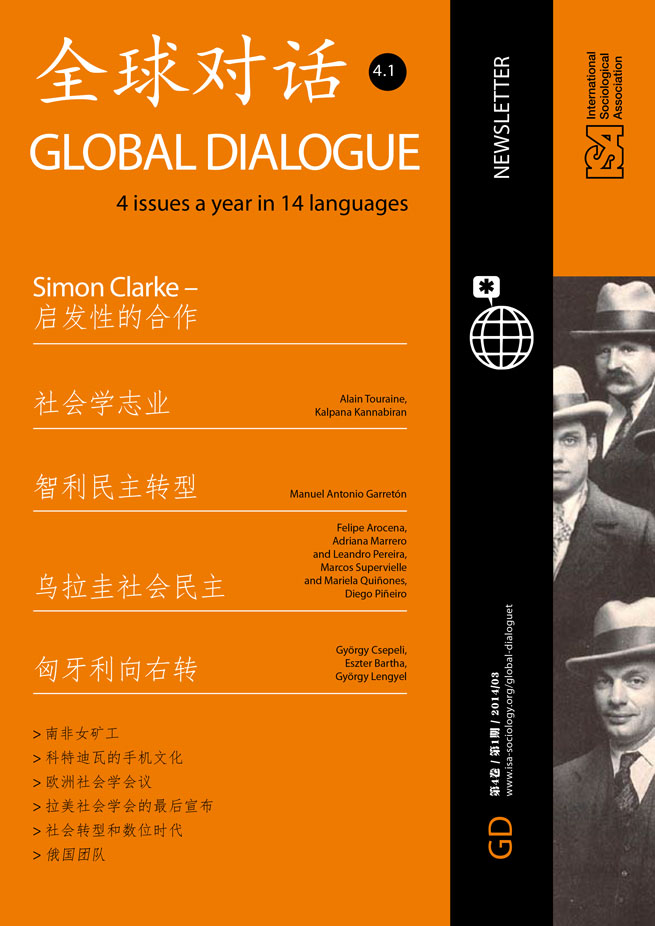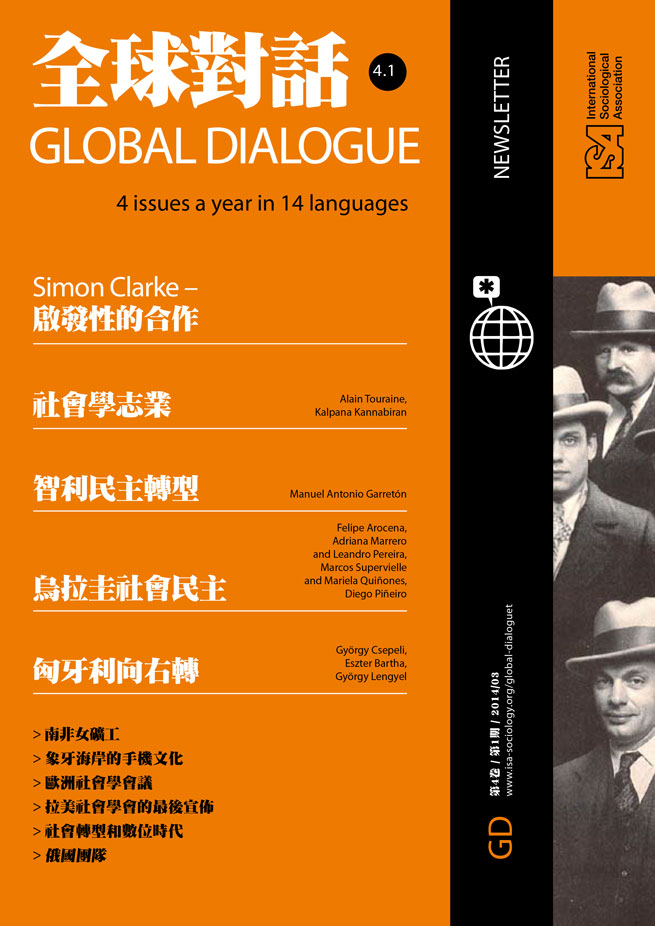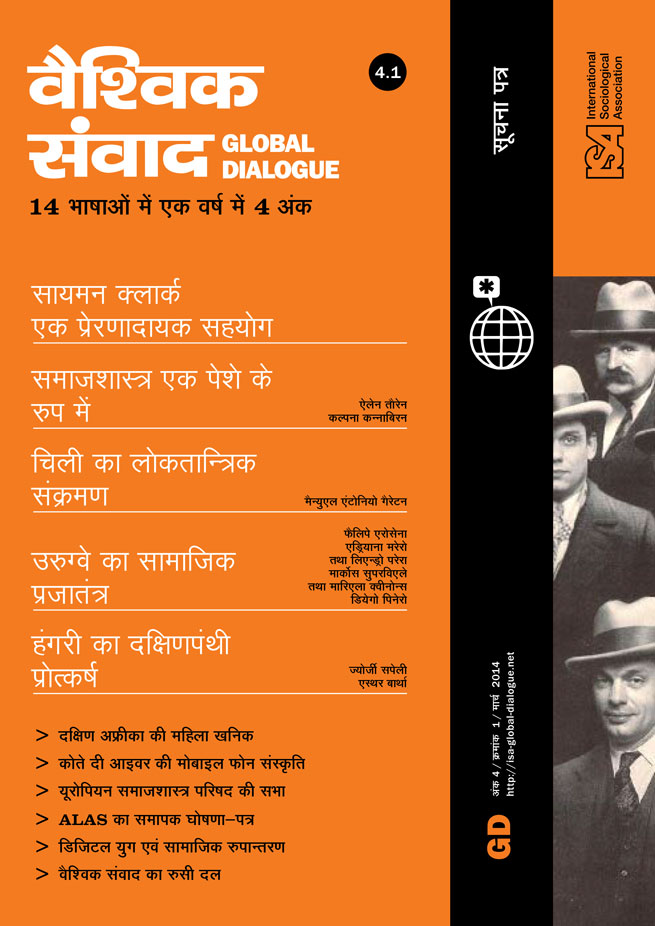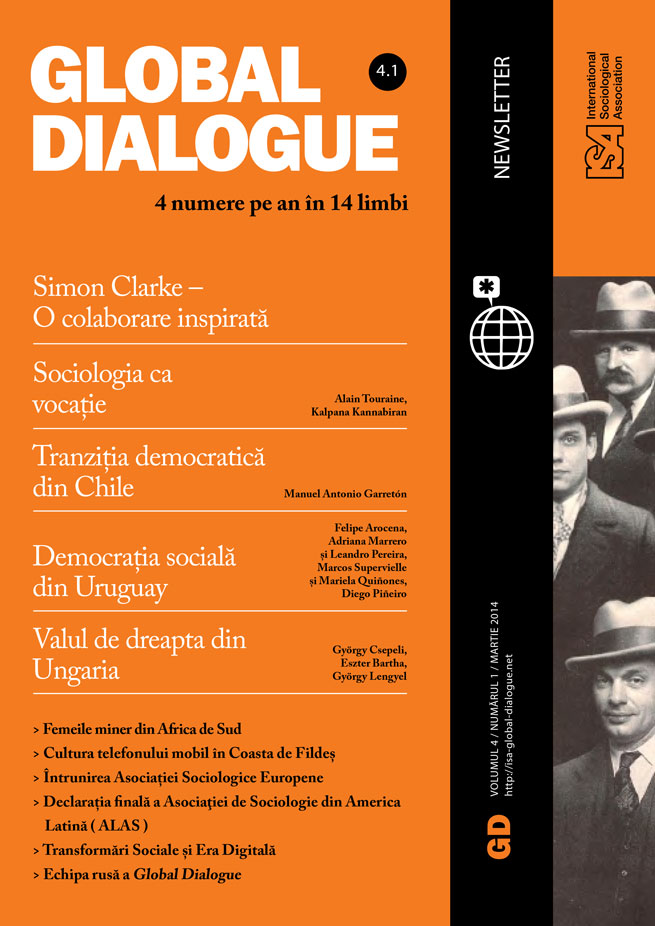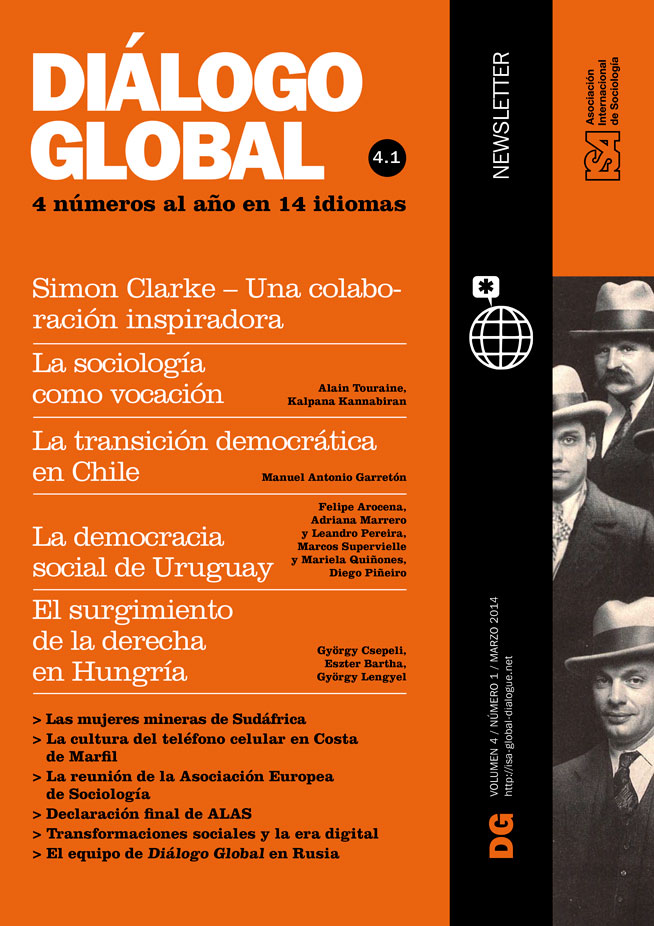Uruguay at the Vanguard of Latin America

February 10, 2014
Uruguay, a small country of three million people, surprised the world with two laws it passed in 2013: one allowing marriage between people of the same sex and the other legalizing marijuana. If we add a third law passed in 2012 decriminalizing abortion, it would not be inaccurate to say that the country is now at the vanguard of the West.
According to the first article of the Uruguayan Law of Equal Marriage, “civil marriage is a permanent union, by law, of two persons of the opposite or the same sex.” In August 2013, under this new law, we saw the first marriage between two men, followed by others between men as well as between women. In addition to Uruguay, there are two other South American countries with similar legislation: neighboring countries, Brazil and Argentina. Beyond that, only twelve other states in the world officially accept gay marriage: Sweden, Norway, France, Spain, Iceland, Belgium, Luxembourg, Holland, Denmark, Portugal, Canada, and South Africa (the vast majority of these being located in Western Europe). In Mexico, the United States of America, and the UK, this right exists only in some territories. If, following José Guilherme Merquior’s classification, we accept that Latin America is the “other West,” it seems that to date gay marriage is almost exclusively Western, surely due to this region’s more pronounced secularization, its process of modernization, and the expansion of rights.
The proposed Law on the Regulation of Marijuana was approved in December 2013. According to this law, “the state will assume responsibility for the control and regulation of the activities of import, export, planting, cultivation, harvesting, production, acquisition, storage, marketing, and distribution of cannabis and its derivatives.” Marijuana growers clubs and household cultivation of up to six plants per household will also be legal. No other country in the world has given the state public control over the production, distribution, and sale of marijuana. The expected effects are twofold. First, to distance marijuana consumers from drug trafficking – and from the victimization and violence with which it is associated. Second, it inaugurates an unprecedented strategy of combating drug trafficking itself. Uruguayan President José Mujica argues that if decades of repression have not ameliorated this situation, the time has come to try new solutions. If the Uruguayan “laboratory” shows positive results, other countries in the Organization of American States (OAS) – which are already looking at alternatives – are more likely to think seriously about adopting a similar approach.
In 2012 Uruguay also passed the Law on the Voluntary Termination of Pregnancy, whose second article states, “voluntary termination of pregnancy will not be penalized [...] during the first twelve weeks of pregnancy.” In this area, Uruguay is also one of the few places in Latin America to recognize women’s right to abortion (along with Cuba, Guyana, Puerto Rico, and Mexico City). A woman’s desire alone provides sufficient basis for all the health institutions in the country to provide this service. Parliament had already approved this law five years ago, but former president Tabaré Vázquez, a medical oncologist by profession, vetoed it. Among the arguments in the law’s favor, two are central. First, women’s right to decide about their pregnancies, and second, doing away with the network of underground clinics that provided abortions and risked the lives of low-income women, who could not pay for higher quality procedures.
These three laws have been passed because the ruling Frente Amplio (Broad Front) party has an absolute, official majority in the current Parliament. This governing party, actually a coalition of parties and groups ranging from center to left, was created in 1971 and first came to power in 2005, winning re-election in 2010. Meanwhile, support for these laws from opposition parties varies. While equal marriage had widespread support from lawmakers, the other two laws have been much more controversial, and almost half of the legislators opposed them. Such differences reflect similar patterns in the population at large.
These laws clearly reflect the country’s leftist government that has been in power for the last eight years with a legislative majority that allows it to pass such initiatives in Congress. But this would only be a superficial explanation. On a more thick, sociological level, what deeper forces of Uruguayan society are finding expression in these laws? How can we understand them, in a country that often defines itself as culturally conservative – and has one of the oldest populations on the continent?
There are at least four relevant factors. First, Uruguayan society is one of the most secular on the continent and probably in the world. As historian Carlos Real de Azua wrote, Uruguay is the dimmest star in the Latin American Catholic sky. Second, the country already had a period in the early twentieth century in which it adopted legislation considered avant-garde at the time, eliminating the death penalty (1907), accepting divorce initiated by women (1913), mandating an eight-hour work day (1915), and approving women’s suffrage (1927). The country advanced so much in the early decades of the last century that many were alarmed that it was becoming socialist. Third, even though the population is comparatively old, a large proportion came of age during the cultural, sexual, and political revolution of the 1960s. Fourth, the country is going through one of its most positive periods in many decades: its political democracy is complete (according to all the international indicators of contemporary democracies), the economy has grown at an average of around 5% per year in the last ten years, and society has become more egalitarian and less poor as a result of strong social policies that redistribute wealth. Uruguay is living through a period, only comparable to the beginning of the twentieth century, when it was considered to have one of the best conditions of well-being on the planet.
It is likely that in the near future, many Western countries will pass measures very similar to those described here, and therefore it is not inaccurate to say that Uruguay is paving the way for a more general expansion of rights. At the same time, such laws may face severe obstacles as in so many countries, with their different cultural traditions, they would be viewed as an abomination.
Felipe Arocena, University of the Republic, Montevideo, Uruguay


